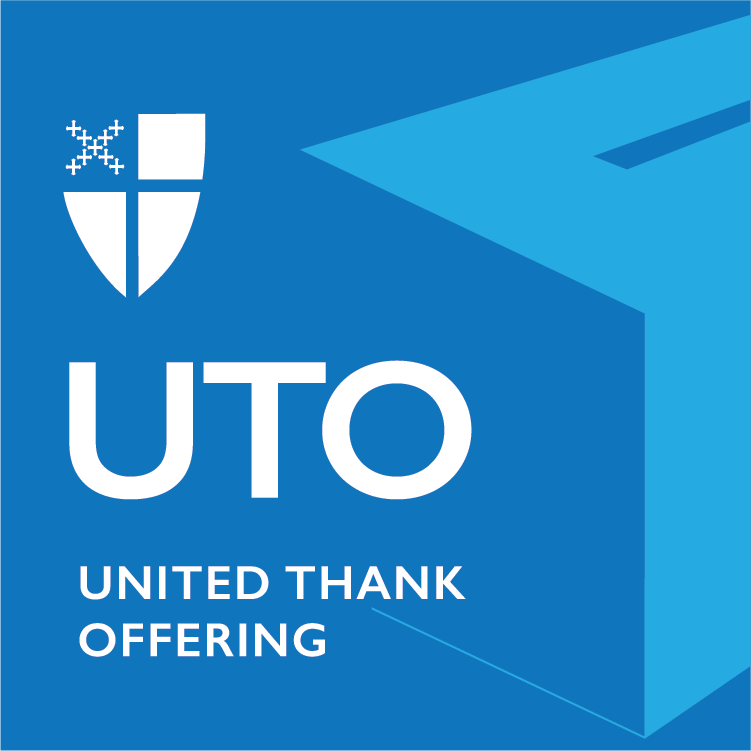By Heather Melton, UTO Staff Officer

In September, I started taking an online class from the University of Pennsylvania on positive psychology with Marty Seligman and James Pawelski. Here at UTO we often talk about how gratitude is an important contributor to our good health, but it is also an important character strength. Gratitude is often heavily leaned into as a practice of positive psychology. Positive psychology is the study of those things which contribute to optimal mental health: Gratitude, resiliency, perseverance, and creativity are just a few of the character strengths that help us to work through difficult moments in our lives. (If you’re interested in learning more about your character strengths, visit https://www.viacharacter.org/character-strengths for a free assessment recommended by the course I’m taking.)
One of the things that I’ve found really interesting in this course is that much of positive psychology started by realizing that the ways we treat anxiety and depression are simply not working for a lot of folks. Instead of studying what’s not working, psychologists began looking at what is working. I was pleased to find that the first week of class our assignment included a gratitude practice that we talk a lot about at UTO…writing down three good things that happened that day. Seligman shared that this should take about a minute. If we spend too long, we get caught up in trying to capture the perfect or biggest thing that happened that day, when in fact our mind and body might need to focus on a small victory. I spent the week doing this task (and many of you know I hate journaling) by writing on a small Post-it and putting it in a UTO Blue Box.
I also have to admit that I’ve also been thinking a lot about what Louie Schwartzberg said to us at our training day, that in spite of what the news shows us there is a lot of good things happening in the world. I wrote on a Post-it this quote: “Whatever you think about and give thanks about, you’ll be about.”
This seems to be a riff on John F. Demartini, a human behaviorist, who wrote: “Whatever we think about and thank about we bring about.” (If someone took better notes, please email me!) If we focus on the negative, we begin to only see the negative. If we focus on the positive, we see more of that. Optimism, or looking for the good things in the world, helps with a growth mindset and helps us deal with anxiety, depression, and burnout. Which means, when we think about good things, and are thankful for those good things, we’ll find more good things. That’s what I’ve started noticing at least, as I take some time to reinvigorate my gratitude practices. The more thankful I am, the more open I am to the world around me and the more present I am to those I’m with.
If you’re interested in deepening your gratitude practice or leaning in more to the positive psychology of gratitude, UTO has you covered. This year we’ve made all new materials for November, but they really can be used anytime. So, if you want to commit from now until Thanksgiving, for example, you can use the daily calendar in October and the deep-dive journal in November. That will take you from simply noticing good things and writing them down to really looking at mental health and gratitude and diving into gratitude and resiliency, among other topics.
This is what I’m doing this fall as I work toward not only being better at noticing all of the good things that are happening but also helping to contribute to my wellbeing (and hopefully putting good vibes back into the world as I do it). I would love for you to join me in making gratitude a priority so it becomes a reflex and a strength. If you do, I hope you’ll email me or let me know on social media how it went for you. Did you feel more optimistic? Did you feel more centered and resilient when tough things happened? What changed when you committed to gratitude in a new way?
